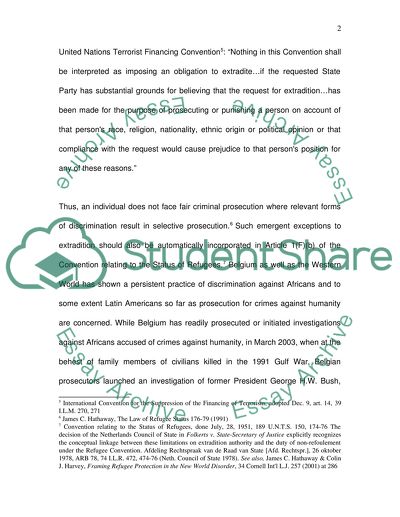Cite this document
(“International Law Essay Example | Topics and Well Written Essays - 2500 words - 1”, n.d.)
Retrieved de https://studentshare.org/miscellaneous/1535610-international-law
Retrieved de https://studentshare.org/miscellaneous/1535610-international-law
(International Law Essay Example | Topics and Well Written Essays - 2500 Words - 1)
https://studentshare.org/miscellaneous/1535610-international-law.
https://studentshare.org/miscellaneous/1535610-international-law.
“International Law Essay Example | Topics and Well Written Essays - 2500 Words - 1”, n.d. https://studentshare.org/miscellaneous/1535610-international-law.


